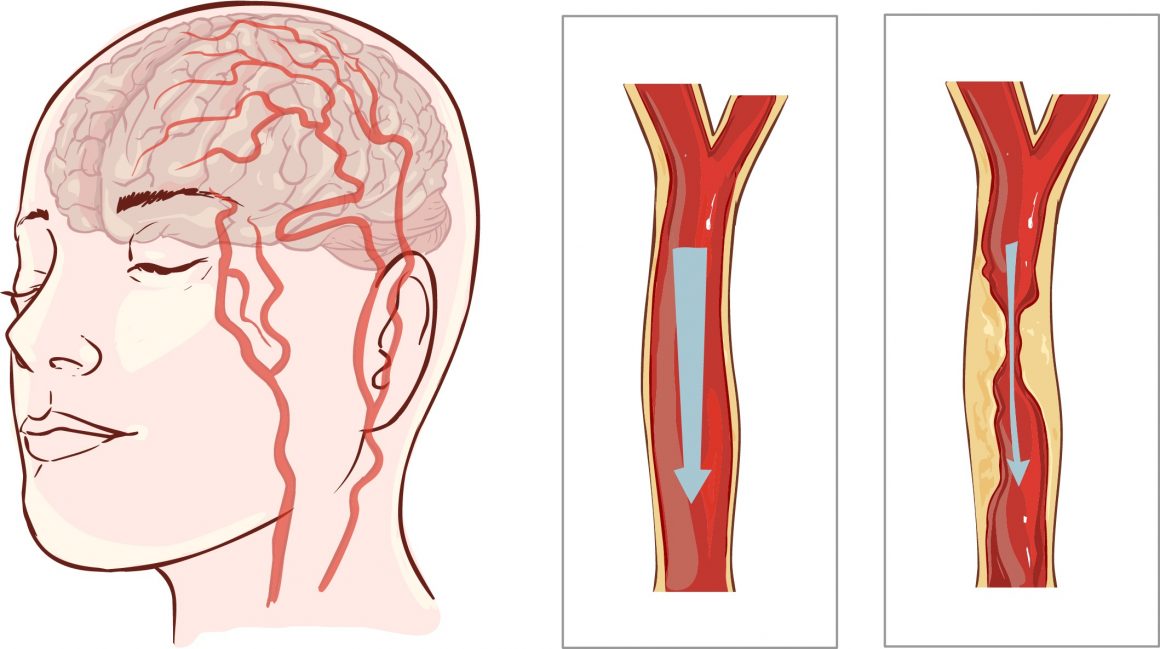Vascular dementia refers to dementia resulting from a lack of blood flow to the brain, as is common in the case of strokes or other conditions that damage blood vessels and reduce circulation, thus robbing the brain of oxygen and nutrients needed for healthy function.
Typical treatment for vascular dementia will include your doctor prescribing medications to lower blood pressure, reduce cholesterol, prevent blood clots and control blood sugar levels.
But new studies are suggesting that there may be more options for treating this form of dementia.

A recent meta-analysis in the journal Frontiers in Aging Neuroscience revealed that hyperbaric oxygen therapy (HBOT) may safely be added as a supplemental therapy to conventional treatments for patients suffering from vascular dementia.
The analysis examined randomized clinical trials from eight different clinical databases to find studies and patients within those studies that met a certain criterion.
Researchers were able to use these factors to qualify 25 clinical trials and nearly 2,000 patients for inclusion in the analysis. They wanted to see whether inclusion of HBOT in addition to conventional therapy had any impact on mental performance and activities of daily living to understand efficacy and to see if it led to more adverse events.
The Results
The addition of HBOT had no significant increase in adverse events, however, that is just about where the similarities end.
When it came to the scores on examinations of their mental state, the HBOT plus conventional therapy group scored significantly better than the group that just received the traditional treatment. Interestingly, the application of specific medication types in conjunction with HBOT treatments had no major differences among the groups.
When it came to activities of daily living, the scores of HBOT patients were significantly better than those who received only the traditional therapies. The study concluded that HBOT significantly enhances the clinical efficacy of conventional therapies.
Why Did This Happen?
In general, HBOT enhances clinical effects because breathing 100% oxygen under high pressure enables oxygen to diffuse into the blood’s plasma. Oxygen-rich blood is then able to travel past areas where blood flow is restricted and diffuses to tissues which were deprived.
Supplying around 10-15 times the normal amount of oxygen helps the body repair damaged tissue by increasing tissue oxygenation and restoring blood flow to the affected area through the formation of new capillary networks.
While HBOT as a treatment for vascular dementia will require further research, it shows encouraging signs that it will emerge as an effective treatment for this condition.
